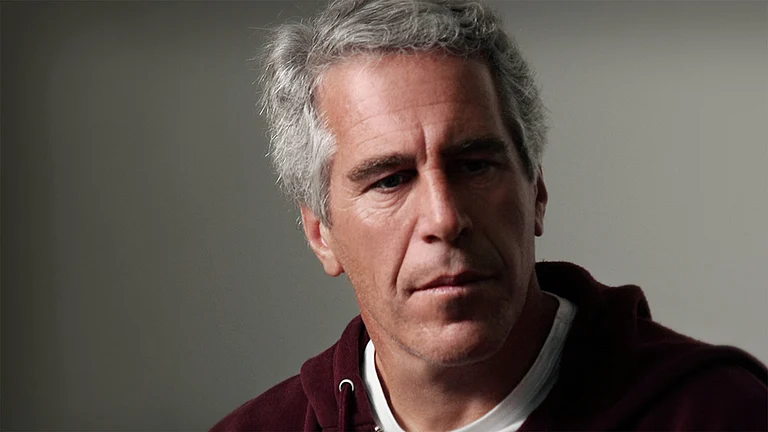Between the glossary and the index comes the usual acknowledgements section, except that this one is called 'Customer Acknowledgements.' This is Gates' way of showing that Microsoft loves and lives for its customers, but it also indicates that Gates (and his co-writer, who is Microsoft's director of executive communications) sought help and knowledge from no one outside his client base. That means two things to me: that the research is obviously incomplete, and that the book is quite probably a long Microsoft advertisement.
Nothing wrong with that second one per se. Nearly all books ceos write-be it Jack Welch, Andrew Grove or Lee Iacocca -are ads for their companies. The books' quality depends on the insights they provide, weighed in terms of inspiration value and replicability within your organisation. Gates' second tome, however, falls short on those counts, just like his first one, The Road Ahead.
Road (although co-written with Nathan Myrhvold, Microsoft's resident technology visionary) was a compendium of tech forecasts that had appeared in great detail over the previous five years even in mass-circulation media, and, in terms of new ideas, was around five per cent of anything written by Nicholas Negroponte or William Gibson. This one, Speed of Thought, feels like a distillation of all those Fortune articles that are titled 'How Widget Inc used groupware to double profits' or 'Is Your Corporation Web-enabled? If you say 'Yes', then you don't know'.
All the right terms are here: 'boundarylessness', 'corporate IQ', 'knowledge workers'. Point is: these are already off the jargon-bestseller charts. All the right messianic statements are here. To make us sit up and listen, Gates even italicises the following sentence, which is the book's core: 'How you gather, manage, and use information,' he thunders, 'will determine whether you win or lose.' Unarguably correct, but circa 1999, this is akin to a palmist telling you that you'll be getting older as the years go by.
Perhaps I am being unfair. The problem is, Gates being Gates, you expect from him something more than what a one-year Business Week subscription could give you. At the end of every chapter, Gates has listed out 'Business Lessons'. But they are stuff like 'Your most unhappy customers are your greatest source of learning' and 'Teams should be able to act with the same unity of purpose and focus as a well-motivated individual'. Real breakthrough thoughts, these.
Of course, though we know all this, most organisations fall far short of achieving these goals. And Speed of Thought does contain many case studies which documents how many companies-Microsoft and its clients-have found practical infotech solutions to common problems and increased efficiency and profits manifold. These are the most useful parts of the book. But for the rest, the 'vision thing', I have to regretfully echo what two US computer columnists said about one of Gates' syndicated columns in 1996: 'Bill Gates predicts the past'.
And, oh yes, the book ends with an Appendix about how to build a 'digital nervous system'. Skip that. That's a straight ad for Microsoft products.























